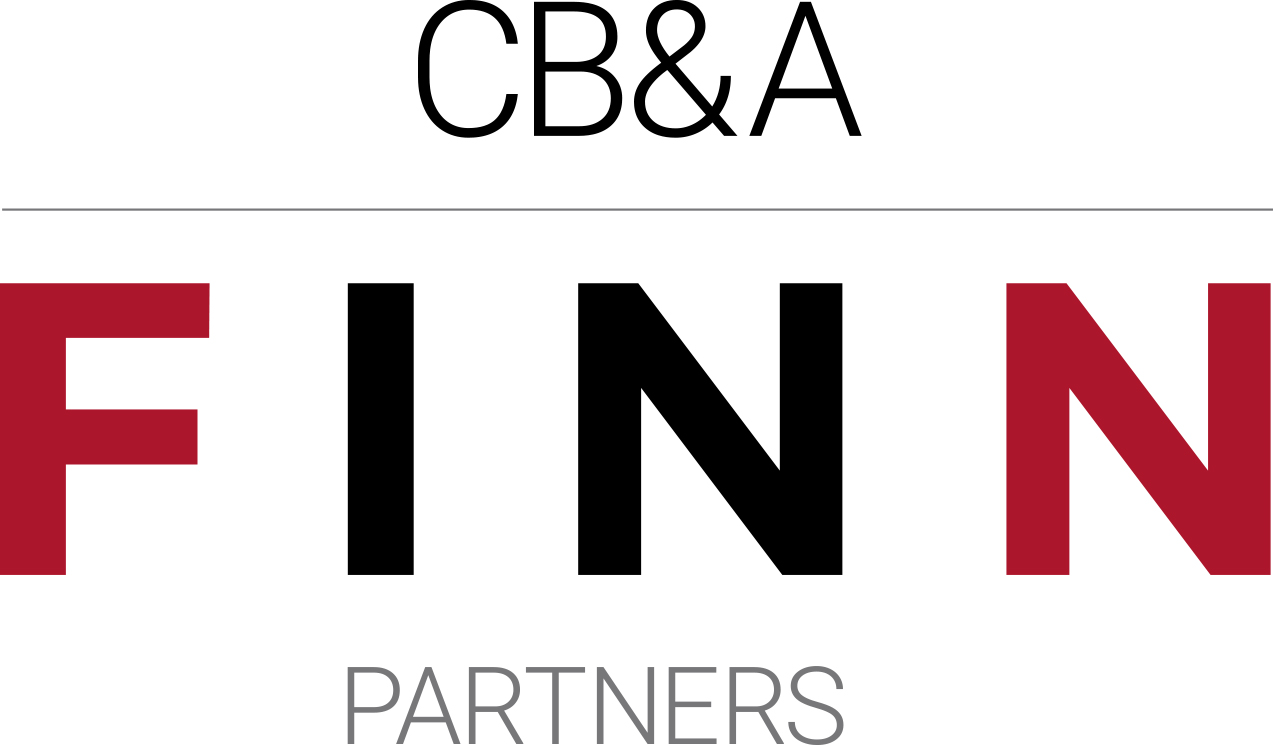
 Last week, we attended a webinar to learn what’s new with the Learning Resource Metadata Initiative (LRMI) from the Association of Educational Publishers and Creative Commons. Titled “Metadata Tagging in Education: What Every Publisher and Content Developer Needs to Know,” the webinar reviewed the reasons behind LRMI, the roles of the organizations involved, and the goals for this major initiative. Based on what we learned, it’s clear the LRMI will have a valuable impact on the way educators search for and use online educational material.
Last week, we attended a webinar to learn what’s new with the Learning Resource Metadata Initiative (LRMI) from the Association of Educational Publishers and Creative Commons. Titled “Metadata Tagging in Education: What Every Publisher and Content Developer Needs to Know,” the webinar reviewed the reasons behind LRMI, the roles of the organizations involved, and the goals for this major initiative. Based on what we learned, it’s clear the LRMI will have a valuable impact on the way educators search for and use online educational material.
 For those of you who aren’t familiar with the LRMI, here’s a brief overview. In June 2011, the Association of Educational Publishers and Creative Commons announced a joint effort to establish a common vocabulary for describing learning resources. The LRMI, underwritten with grants from the William and Flora Hewlett Foundation and the Bill & Melinda Gates Foundation, aims to create an industry-specific framework to make quality educational resources easily searchable for teachers and learners.
For those of you who aren’t familiar with the LRMI, here’s a brief overview. In June 2011, the Association of Educational Publishers and Creative Commons announced a joint effort to establish a common vocabulary for describing learning resources. The LRMI, underwritten with grants from the William and Flora Hewlett Foundation and the Bill & Melinda Gates Foundation, aims to create an industry-specific framework to make quality educational resources easily searchable for teachers and learners.
LRMI is the first industry-specific initiative since the announcement of Schema.org by major search vendors Google, Yahoo! and Microsoft Bing. Schema.org aims to cr eate a universal framework for tagging web-based content to provide a faster and richer search experience. Upon completion, the LRMI framework will be submitted to Schema.org, in hopes that it will become the de facto metadata framework for tagging educational resources on the web. For more information about Schema.org, visit the Schema Blog.
eate a universal framework for tagging web-based content to provide a faster and richer search experience. Upon completion, the LRMI framework will be submitted to Schema.org, in hopes that it will become the de facto metadata framework for tagging educational resources on the web. For more information about Schema.org, visit the Schema Blog.
“With the growing mass of products being offered online, organizations from across the industry have recognized the need for a better, more accurate way to search for instructional materials,” said Charlene Gaynor, CEO of the Association of Educational Publishers. “We anticipate that when this project is completed, the LRMI framework will be the main metadata schema used throughout education.”
 To begin the development process, a number of education and publishing industry experts have been named to the LRMI Technical Working Group, including Randy Wilhelm, CEO of netTrekker, and Lee Wilson, president and CEO of PCI Education. The working group is tasked with developing an initial list of metadata vocabulary, which will be informed by public comment and feedback in the coming months. The goal is to finish the initial framework in January 2012, with a launch of the framework in March 2012.
To begin the development process, a number of education and publishing industry experts have been named to the LRMI Technical Working Group, including Randy Wilhelm, CEO of netTrekker, and Lee Wilson, president and CEO of PCI Education. The working group is tasked with developing an initial list of metadata vocabulary, which will be informed by public comment and feedback in the coming months. The goal is to finish the initial framework in January 2012, with a launch of the framework in March 2012.
Publishers and other members of the education industry are encouraged to get involved. According to Gaynor, “It’s to your advantage to get involved in the LRMI from the beginning so that you can have input in the process, understand how the framework is being developed, and prepare your business for the new schema.”
For more information on the LRMI, visit http://www.lrmi.net/. We’ve heard that a new website should be launching shortly. In the meantime, you can follow the group’s progress in the LRMI Google Group. Webinar slides are also available on SlideShare.
